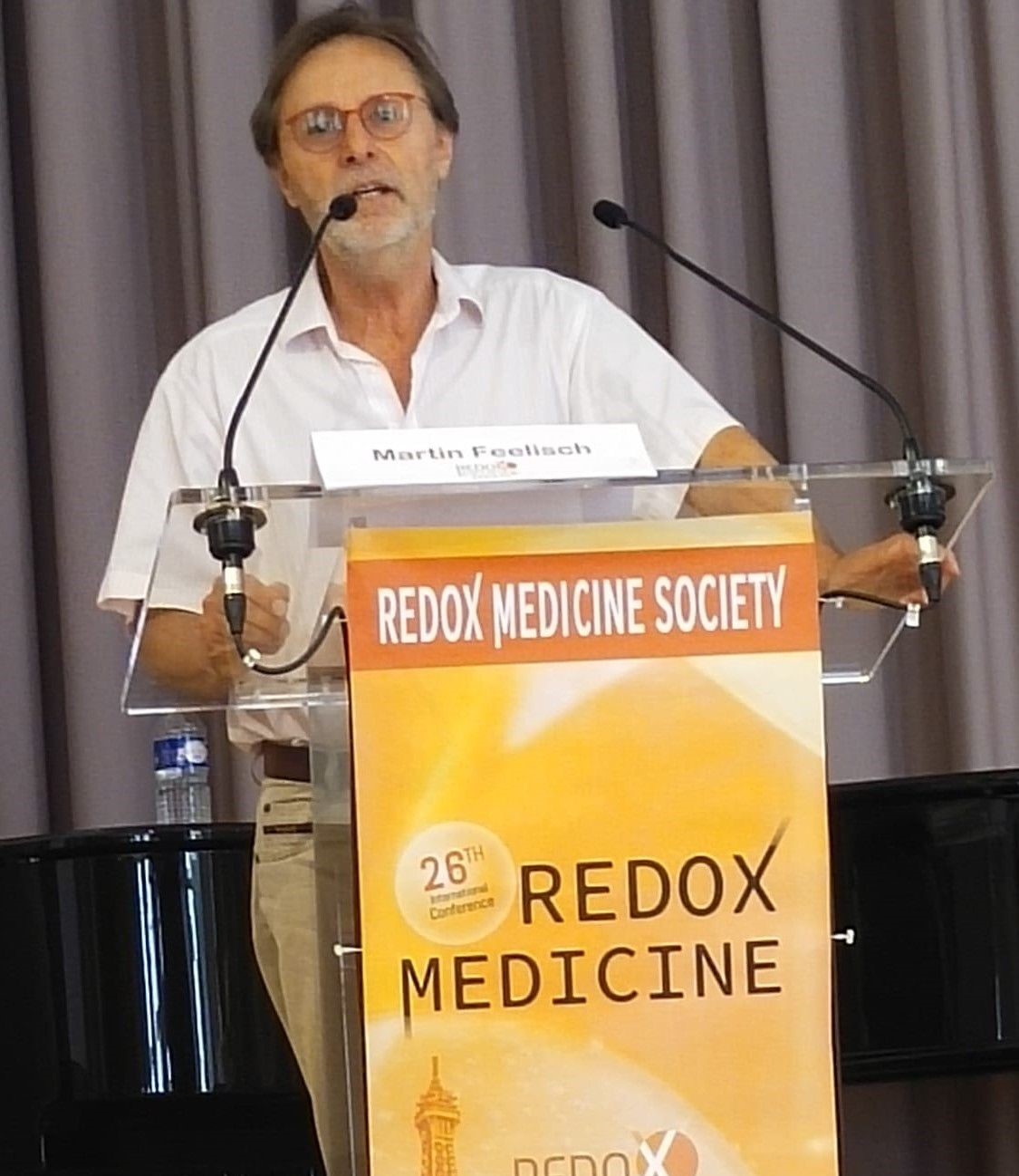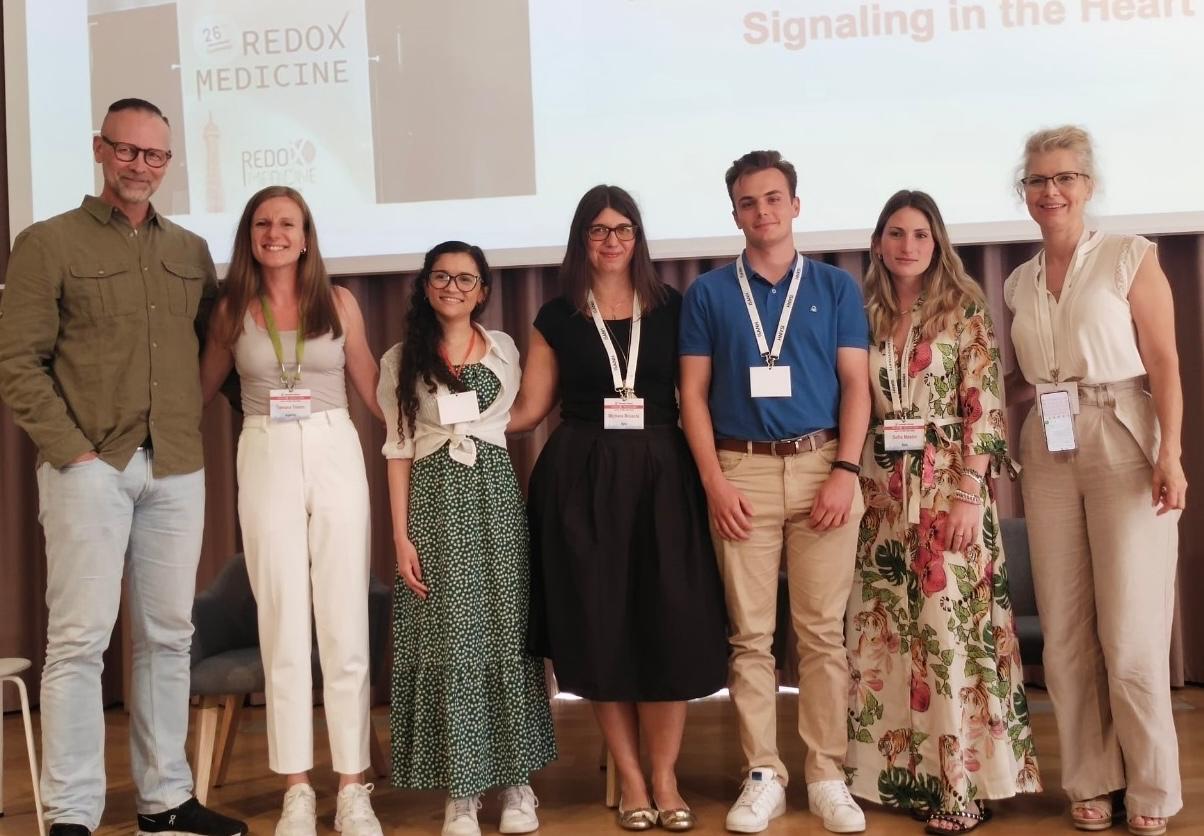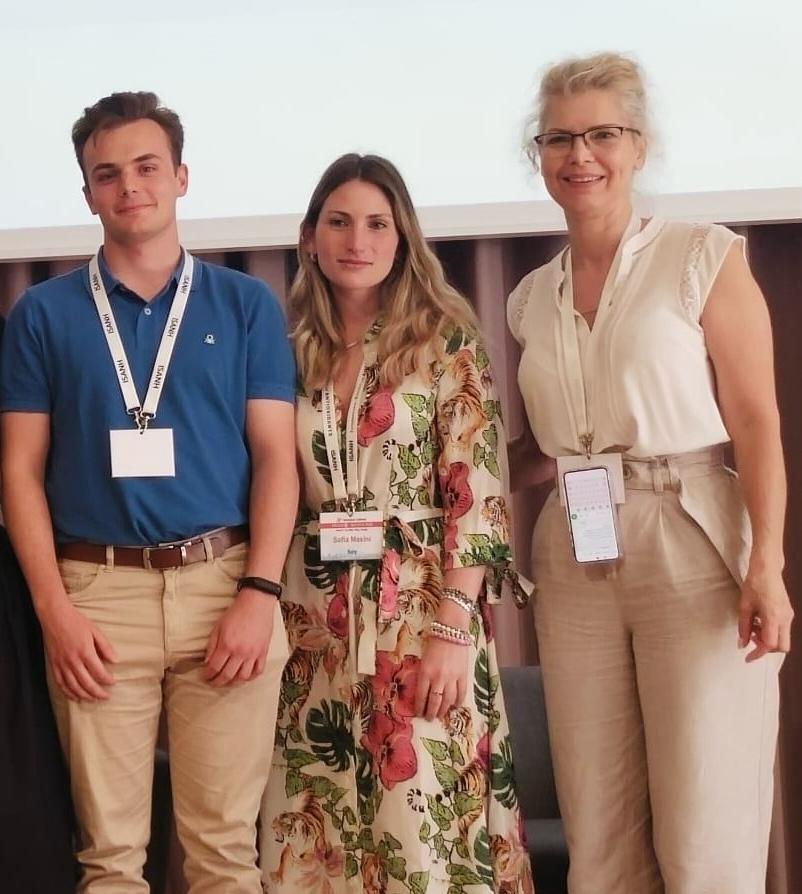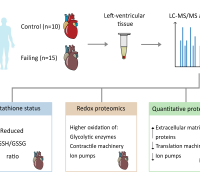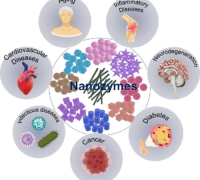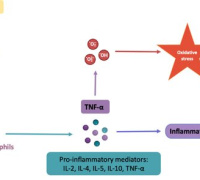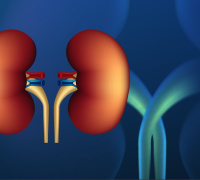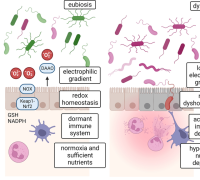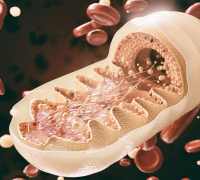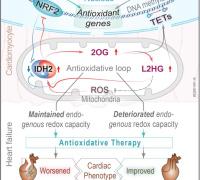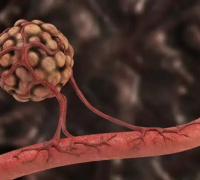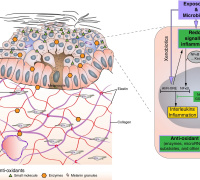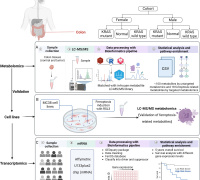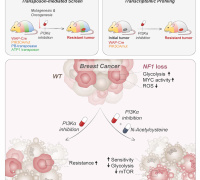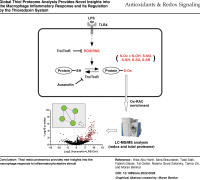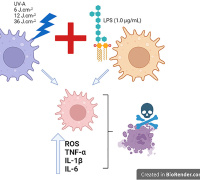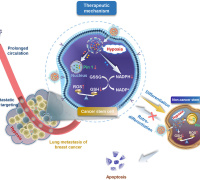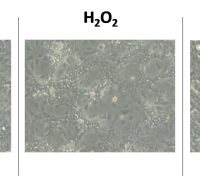Lifespan and oxidative stress in Amish: What is the role of antioxidants?
In a study published in November 2017 by Prof. Douglas Vaughan, University of Chicago, it was shown that a rare genetic mutation that has boosted the lifespan of an Amish population in Indiana.
Researches found a rare genetic mutation that has boosted the lifespan of an Amish population in Indiana, according to research published Wednesday.
The Old Order Amish community in the town of Berne might have the secret to longevity from carrying a mutated form a gene called Serpine1, according to a research article published in Science Advances. Scientists studied 177 members of theis Indiana Old Order Amish community and found that people who carried the Serpine1 mutated gene lived, on average, 10 years longer than those that do not have the mutation.
Those who carried the gene also tended to have better metabolic health and are less likely to have diabetes, reported the Guardian.
“We are very optimistic about its potential role not just in slowing aging but in reducing age-related morbidities,” said Douglas Vaughan, a professor of medicine at the University of Chicago who also led this research project.
This Amish community in Indiana is the only known group of people who have this mutation.
From his side, Prof. Marvin Edeas, Institut Cochin, INSERM U1016, University Paris Descartes and President of ISANH commented: " I believe that strategy who can target PAI-1 reduction such as Antioxidants probably can affect our lifespan and longevity. The next results of clinical study which will start soon in Japan will clarify this hypothesis..."
Source: Daily Carrer
Complete article available here.






